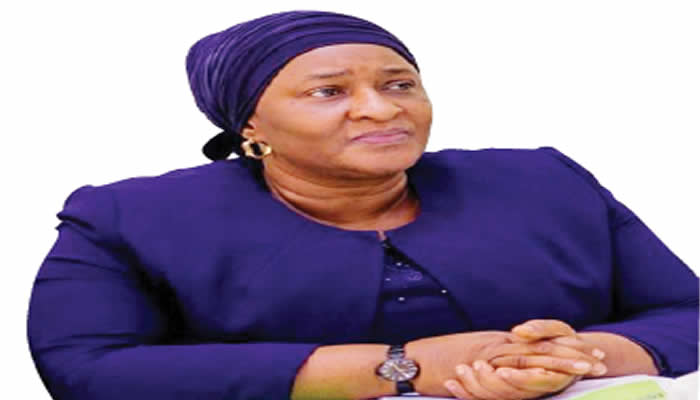In a heartfelt appeal to tackle the escalating violence against women and girls in Nigeria, Mrs. Amina Agbaje, the National President of the International Federation of Women Lawyers (FIDA), emphasized the crucial role of religious leaders in combating gender-based violence (GBV). Speaking at a two-day annual dialogue held in Ado Ekiti, organized by the FIDA Ekiti State Chapter in partnership with the Ford Foundation, Agbaje pointed out that the alarming rise in such violence is rooted in a mixture of cultural, economic, religious, historical, and social factors. She called for a collaborative approach where religious leaders leverage their platforms to advocate for the rights of women and girls, helping to dismantle the discriminatory practices and norms that perpetuate GBV within their communities.
The chairperson of FIDA in Ekiti State, Oyinade Olatunbosun, echoed Agbaje’s sentiments by stressing the critical importance of religious leaders in preventing GBV. Olatunbosun highlighted that places of worship, such as churches and mosques, can serve as powerful venues for awareness-raising about domestic violence. By utilizing their influence and authority, religious leaders can help reshape community perceptions and encourage a collective effort to eradicate GBV. The need for communal advocacy was underscored, as many incidents of GBV are often hidden under the guise of cultural and religious beliefs, leading to a lack of accountability.
The Ford Foundation’s project coordinator at FIDA Nigeria, Rita Abba, shared the initiative’s objectives, stating that the dialogue was designed not only to identify the root causes of GBV but also to equip religious leaders with the knowledge and skills necessary to advocate for change. Abba noted the growing concern over GBV cases and emphasized the importance of a united front, involving various stakeholders, including traditional leaders and civil society. She pointed out a crucial shift in strategy, focusing on prevention through education and awareness, believing that an informed community could significantly reduce occurrences of violence.
The dialogue forum offered an opportunity for prominent representatives from both the Christian and Islamic communities to engage in meaningful conversations surrounding GBV prevention. Rev. Emmanuel Aribasoye, representing the Christian Association of Nigeria, along with Alhaji Ahmed Bakare from the Supreme Council of Islamic Affairs in Ekiti State, took turns expressing their support for the initiative. Their participation signified a commitment to fostering interfaith dialogue aimed at understanding and addressing the issues surrounding GBV. Their goodwill messages reinforced the idea that collective awareness and proactive measures are essential in tackling violence against women and girls.
As the discussions progressed, there was a consensus on the need for a well-organized plan of action that could be implemented across various religious institutions. The participants recognized that effective messaging and outreach strategies within churches and mosques would be crucial in spreading awareness about GBV, creating an atmosphere conducive to change. Leaders were encouraged to take on the role of change agents, advocating for altered perceptions and norms within their congregations that often silence victims or normalize violence.
In conclusion, the annual dialogue represented a significant step toward mobilizing religious leaders as active participants in the fight against GBV in Nigeria. By fostering cooperation between faith-based communities, government officials, and civil society, there is hope for a comprehensive approach that addresses the complexities of GBV. The commitment shown by the participants to engage and educate their communities could pave the way for long-lasting cultural shifts, ultimately aiming to eradicate the root causes of gender-based violence and promote a safer environment for women and girls in Nigeria.














